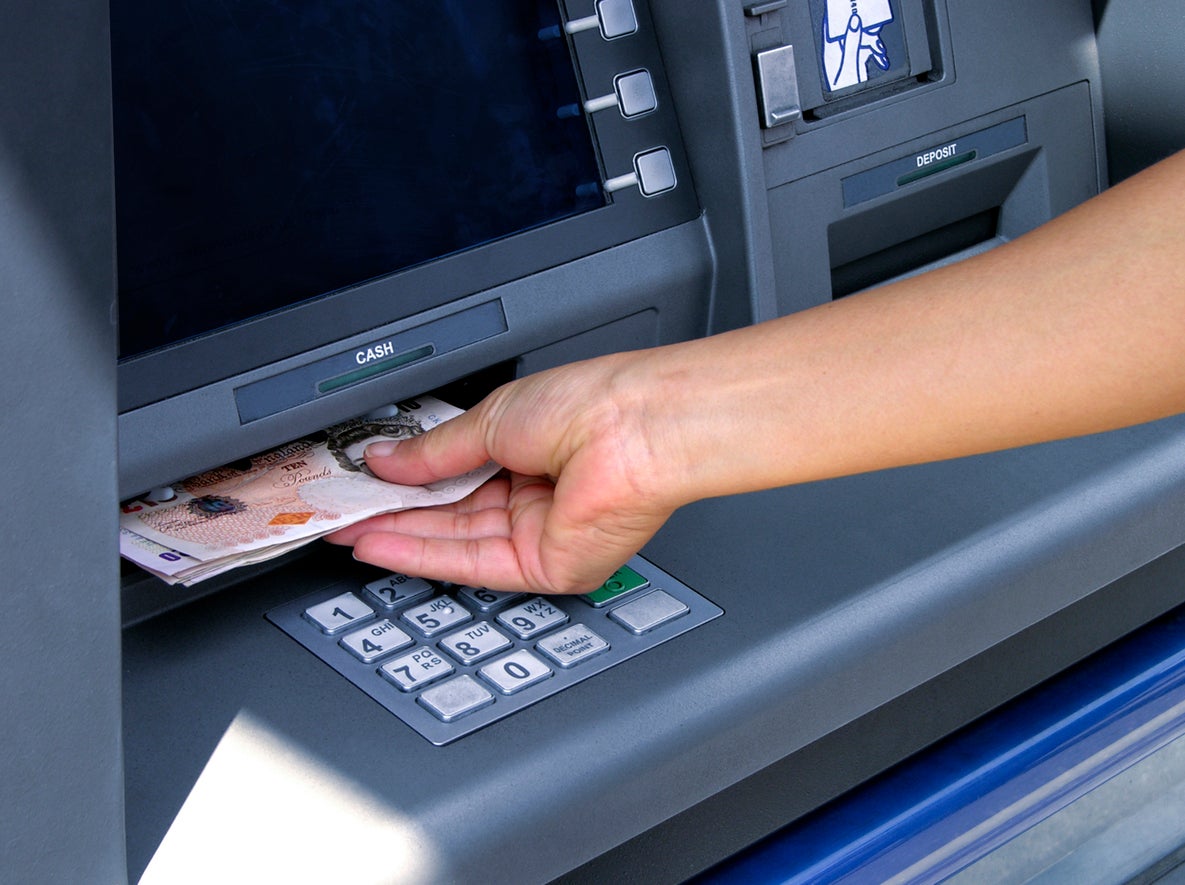Find your perfect current account
The battle of the current accounts means there are some lucrative deals to be had on your bank account. It's time to get switching, but where to start?

It seems like we have an updated version of this article. Click here to see our comparison of this month's best current accounts.
You opened it as a child, or maybe a fresh-faced adult looking for somewhere to put your first pay cheque. Your parents probably have one with the same bank.
The chances are you’ve never moved your current account in your entire adult life, regardless of how impressed or otherwise you are with the service, fees or rates on offer by your bank or building society.
In fact, the situation had become so static and uncompetitive for consumers that a huge initiative making switching your current account quickly and easily was launched in a bid to combat fears that changing current account provider would mean lost direct debits, complex arrangements and a long drawn out process altogether.
And yet, 99 per cent of current accounts were switched in 7 days or less last year.
So with news of current account closures hitting the headlines, some juicy cashback incentives, not to mention ranks of complacent banks and building societies, how can you go about securing the best current account for your everyday money needs? As with so much in life, it really depends on what you’re looking for.
Current accounts defined
But what are we actually talking about here? A current account is the most straightforward financial product available to British consumers. It’s held with a bank or building society and allows the account holder to access their money with the minimum fuss.
Facilities include the ability to withdraw money (with no notice using a bank card that combines cash, debit and cheque guarantee services), deposit money simply and easily in cash, cheque or electronic form, such as salary, pension income or benefits and set up consistent ways to pay bills and costs via direct debits and standing orders.
Not having one can dramatically restrict your ability to access and use your money, even earn it in some cases. The effects can be felt across every aspect of life so there have been significant initiatives over the years to ensure that even those with the lowest or non-existent credit score are eligible for a basic bank account.
Comparing current account deals
They may have long been a necessity in modern UK life, but in 2017, having the best current account can be the difference between punitive charges and some lucrative gains, particularly when it comes to rewards for switching.
Switch to an online bank account from First Direct and you’ll benefit from £125 of cash for your new account, for example.
But Smile’s current deal is hard to beat. Transfer to the cheerful bank's Current Account and you'll receive a market-leading £150 when you switch.
Of course, if you’re only comfortable with the ups and downs of modern life when you’ve got a decent financial cushion to hand then £100 or so just won’t cut it. In which case, you’ll need a high interest current account. Enter the Nationwide Flex Direct, by far the best deal on offer right now with a 5% introductory rate for the first 12 months - followed by a follow-on rate of 1% - for balances of up to £2,500.
If, for some inexplicable reason you don't want to go with the UK's biggest building society, perhaps preferring a consistent interest rate, it may be worth plumping for Santander’s 123 account, offering 1.5 per cent interest on balances of up to £20,000, monthly cashback on household bills and an interest free overdraft for the first four months.
Elsewhere, if you’re at the other end of the spectrum and describe yourself more as a spender than saver, you’ll gain the most from a cashback offer. In which case, NatWest’s current account deal is likely to be your best fit, offering 3 per cent cashback on your household bills.
And if you're a consistent shopper with high street brands like M&S can remain in the black, a rewards account could see you quids in. The M&S Current Account offers £185 rewards to spend in the store and access to 5% interest, with some conditions.
There are also rewards if your spending has got a little out of hand and you’re heading for overdraft territory. First Direct is likely to be a good port of call in this particular storm.
(Which? recently revealed that banks charge us more for overdrafts than those infamous payday lenders do for their eye-wateringly expensive borrowing)
Its deal offers a £125 switching reward if you go through MoneySupermarket.com and 0 per cent interest on your first £250 of overdraft.
So don’t be a slave to your bank account, now is the perfect time to make sure this foundation for your entire financial life fits that life.
Join our commenting forum
Join thought-provoking conversations, follow other Independent readers and see their replies
Comments
Bookmark popover
Removed from bookmarks